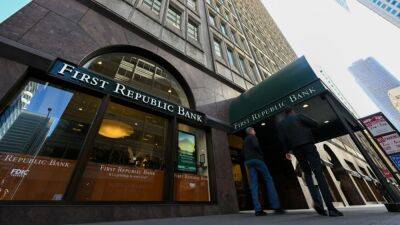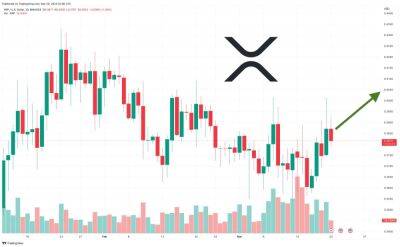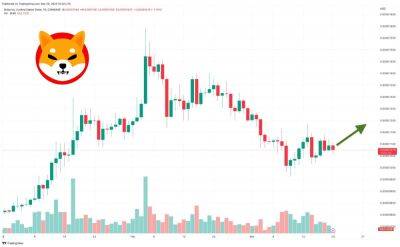Pressure rises on Hunt as 2m more households fall into fuel poverty
More than 2m households in England fell into fuel poverty last year, raising pressure on Jeremy Hunt to ditch a planned cut to energy bills support.
The number of households in England who spend more than 10% of their income, excluding housing costs, on energy has increased from 4.93m households in 2021 to 7.39m in 2022.
The number of households who have low incomes and live in homes with an energy efficiency rating of band D or below also increased by 100,000, to 3.3m in 2022, figures from the Department for Energy Security and Net Zero’s annual fuel poverty report showed. That figure is expected to increase again to 3.5m this year, official figures showed.
A surge in wholesale energy prices linked to the war in Ukraine has pushed up gas and electricity bills, amid a wider squeeze on household costs.
The report underlined the case for MPs and campaigners calling for the chancellor to extend the energy price guarantee, a government policy which aims to limit household bills to £2,500.
Hunt, who is due to deliver the budget on 15 March, plans to make the guarantee less generous from April, raising it to £3,000. On Monday, the regulator Ofgem announced a reduction in the quarterly price cap to £3,280 from April – down from £4,279. However, the increase in the guarantee leaves households facing a sharp rise in costs.
Responding to the fuel poverty figures, the Liberal Democrat leader, Ed Davey, said: “These stark figures show millions of families and pensioners are struggling to afford sky-high energy bills.
“It beggars belief that the Conservatives are planning to worsen this cost of living catastrophe by hiking people’s energy bills by another £500 in April.”
Simon Francis, coordinator of the End Fuel Poverty Coalition, said:
Read more on theguardian.com















